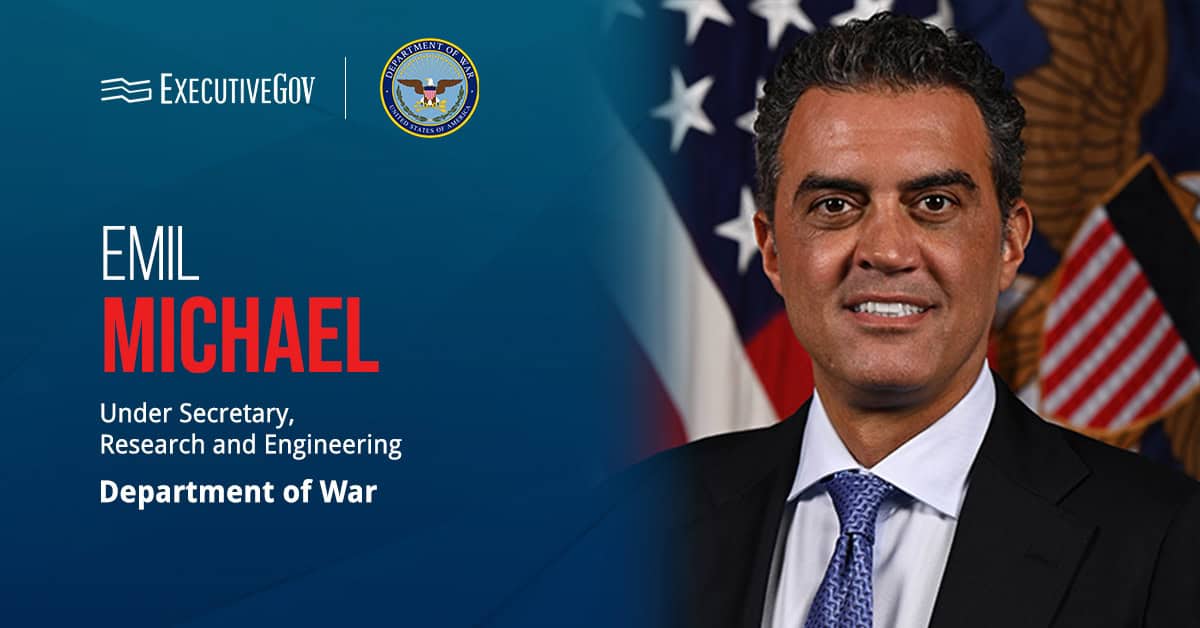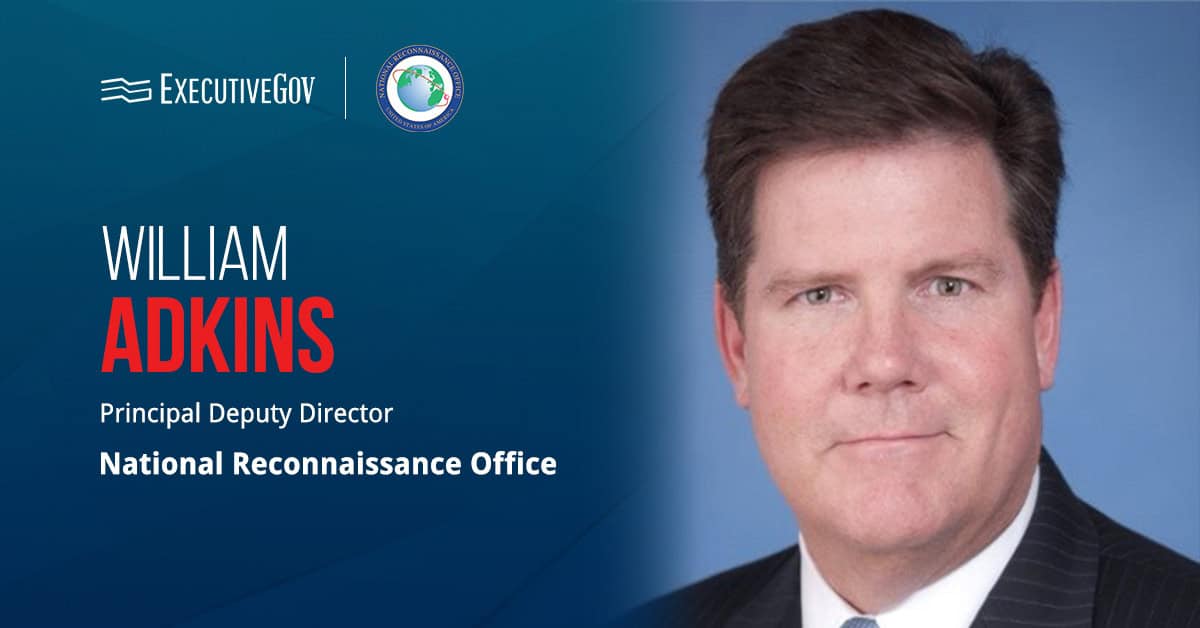Kevin Young recently announced on LinkedIn that has taken on the role of deputy assistant inspector general for information technology at the Department of State Office of Inspector General.
Young’s latest term at the State Department is his second with the agency, having worked there from 2013 through 2020, first as a forensic audit manager, then as director of criminal analyses, forensic audits and data analytics.
Afterward, Young moved to the Department of Education, where he worked as deputy assistant inspector general for information technology audits and computer crime investigations from 2020 through 2022, then as assistant inspector general for technology services, a position he would hold his latest appointment.
He had also been part of the U.S. Army Audit Agency. Young served in the organization for nearly two decades, from 1994 through 2013.





